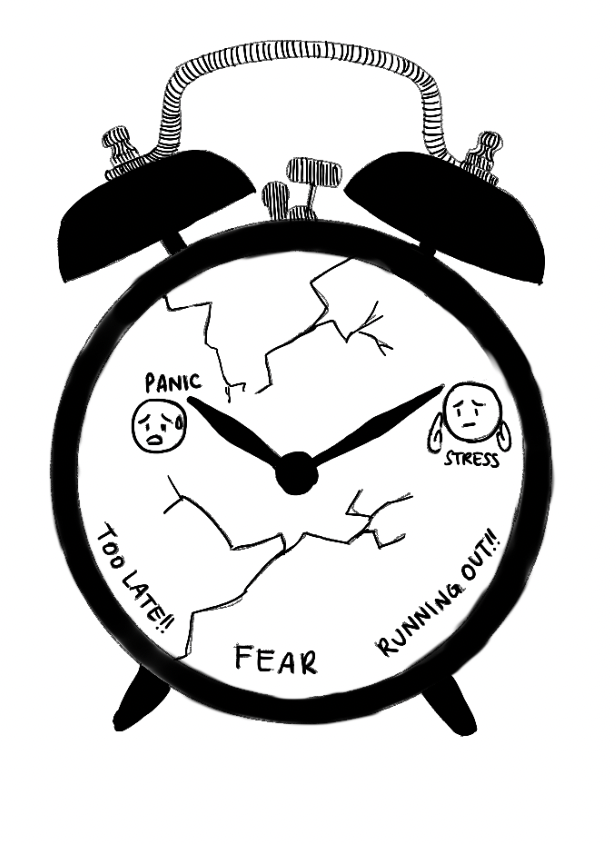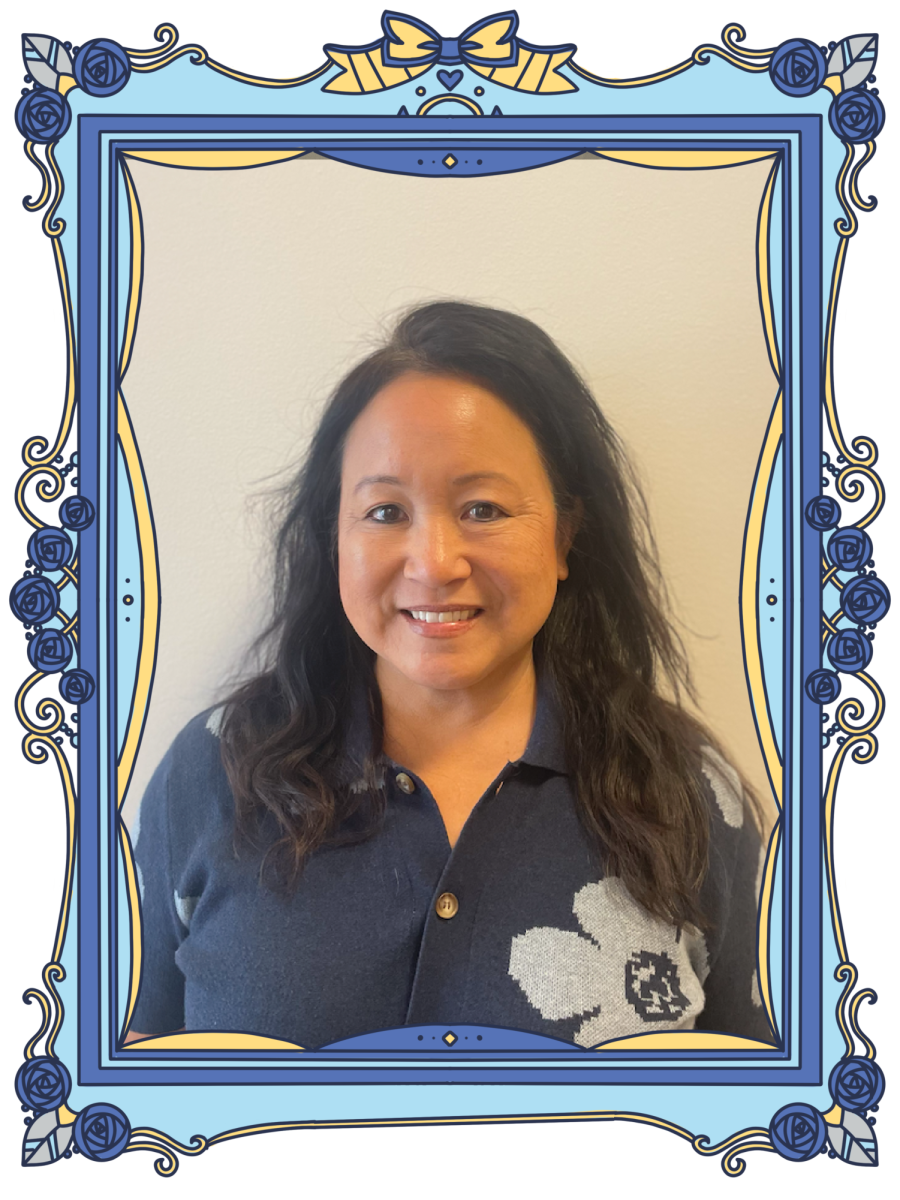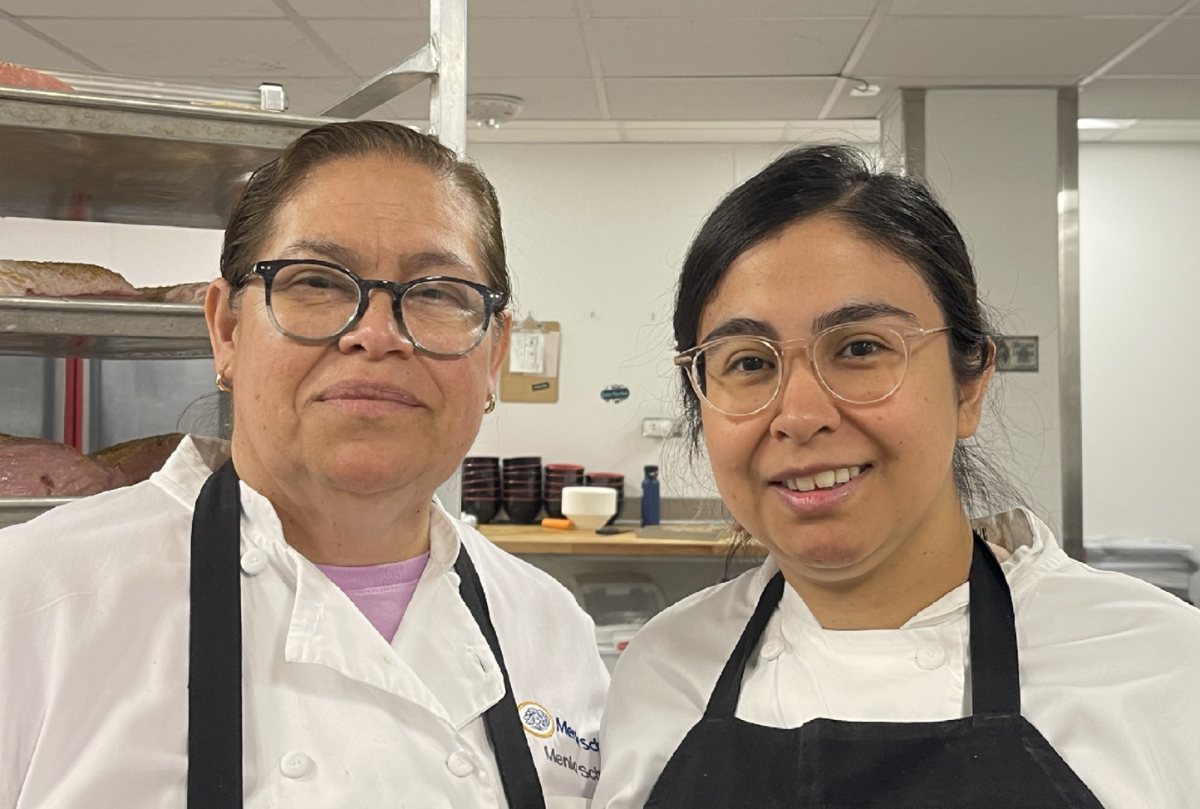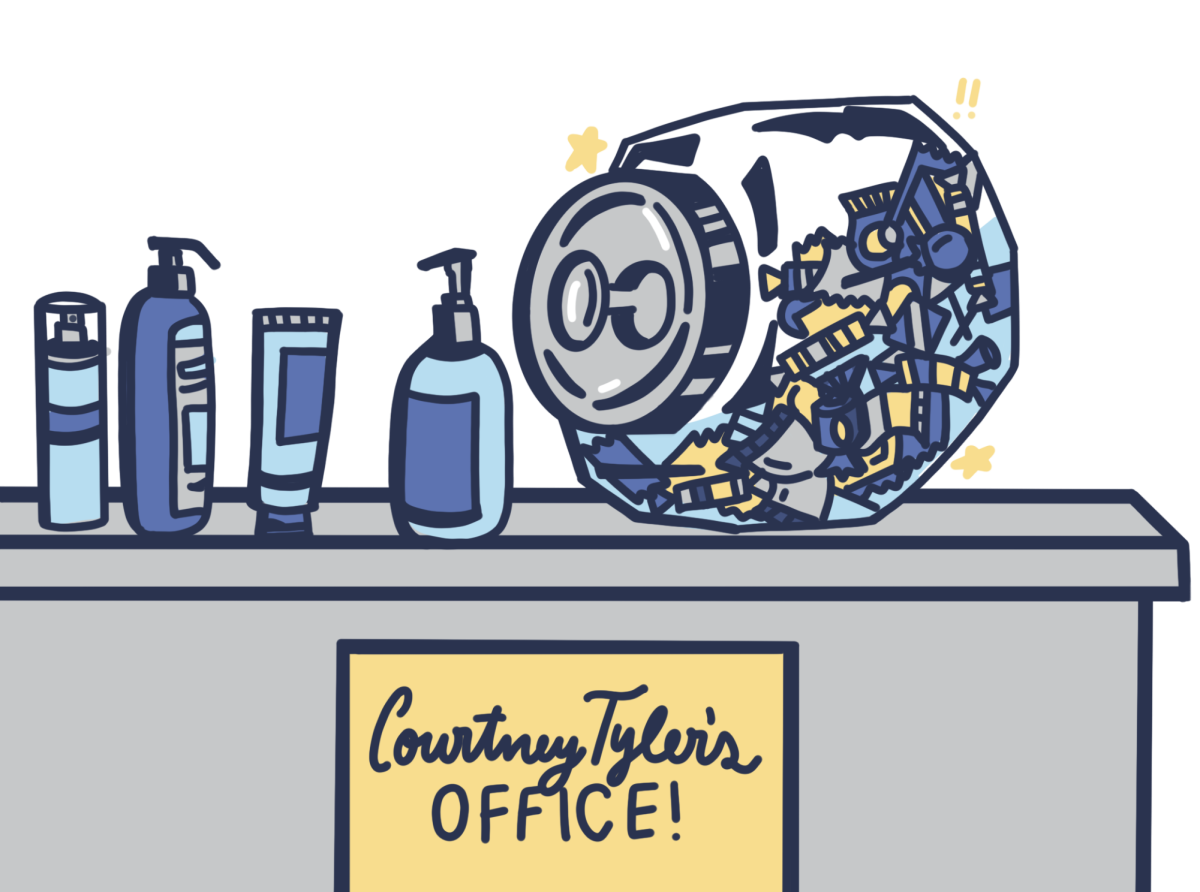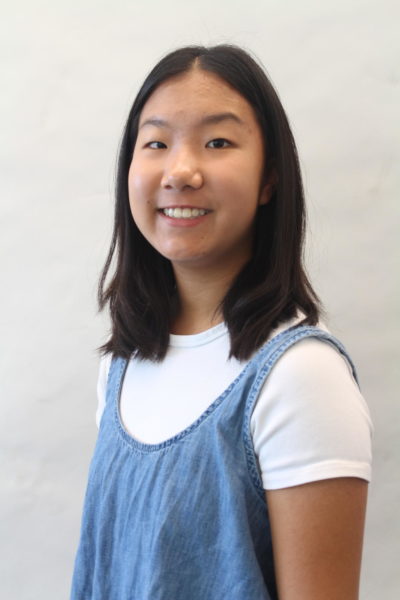It’s no secret that each student learns best in different ways. Whether they prefer visual, kinesthetic or auditory learning methods, Menlo teachers strive to support their students with learning differences so they can reach their full capabilities in the classroom.
One particular tool Menlo offers is extra time on assessments. “We all need to be supported in ways that activate our learning potential, and sometimes that looks like providing extra time,” history teacher Dylan Citrin Cummins said. Many teachers have different approaches to support students with extra time and other accommodations.
Chemistry teacher David Spence shares his personal experiences with dyslexia and ADHD with his students to normalize learning differently. “I think it’s important to acknowledge that [these learning differences] are real, and that I have them myself, and that I’m on their side,” Spence said.
Spence believes students should have accommodations to learn best, but still put in effort to complete assignments. “They have to do the homework, they have to do the reading. [But] extra time [as an accommodation] just makes sense. In an assessment, I want to see if the student can understand the concept,” Spence said. “If it takes them a little more time to write that down, there’s no problem with that.”
For Cummins, having one-on-one connections is important in supporting students with learning differences. “I think the point of an assessment is to get an understanding of where students are at; to determine whether or not learning has been achieved,” Cummins said. “It’s really good feedback for the student and the teacher. [But] we can’t do that assessment of learning if students don’t have the time to show what they’ve learned.”
Cummins believes that testing environments with ample space and time is essential for students to demonstrate their knowledge. “If a student needs a few more minutes to show their learning, that’s my priority,” he said.
Cummins also thinks timed assessments may not accurately reflect the skills necessary to succeed in the workplace. However, he acknowledges strict time limits in the professional world, despite not being in a traditional test format. “There is a space for timed assessment when it comes to certain knowledge skills,” he said.
Both Spence and Cummins sometimes grapple with questions around equity between students who have the resources to obtain accommodations and those who do not. Both teachers take a student’s circumstances into account when they ask for additional accommodations.
For example, a few students every year ask Spence for index cards to use on final exams — something he doesn’t provide. Spence first advises students to try different memorization techniques. “Memorization can be very hard for some students, but [it] is a skill they need to practice. If flash cards do not work, I introduce other tools like mnemonic devices to help. In some cases, I have allowed a student to use a flashcard in the first semester,” Spence said. “As a teacher, you always have that sort of balancing act.”
Cummins also keeps fairness in mind. “If a student needs a little bit more time for an assignment, and it’s the first time that they’ve asked me for [it], that’s no problem for me,” he said. “If it doesn’t feel like it is a pattern or a trend, [but] a legitimate situation where a student needs time to show their best work, no problem. If this is a pattern, that’s a very different issue.”
Spence and Cummins ultimately want what is best for their students, and sometimes extra resources or accommodations can help students thrive in the classroom. “I want my students to love learning and develop skills — you have to develop skills to become a lifelong learner,” Spence said.


